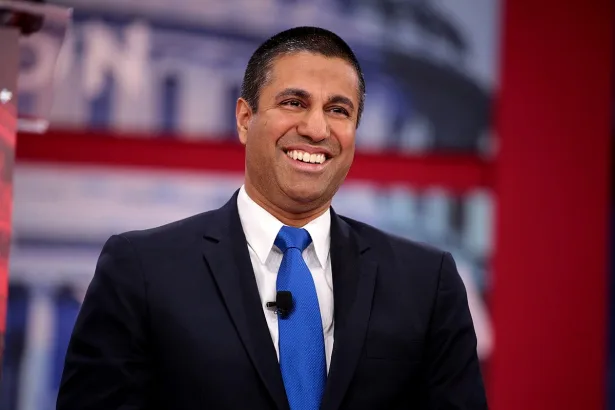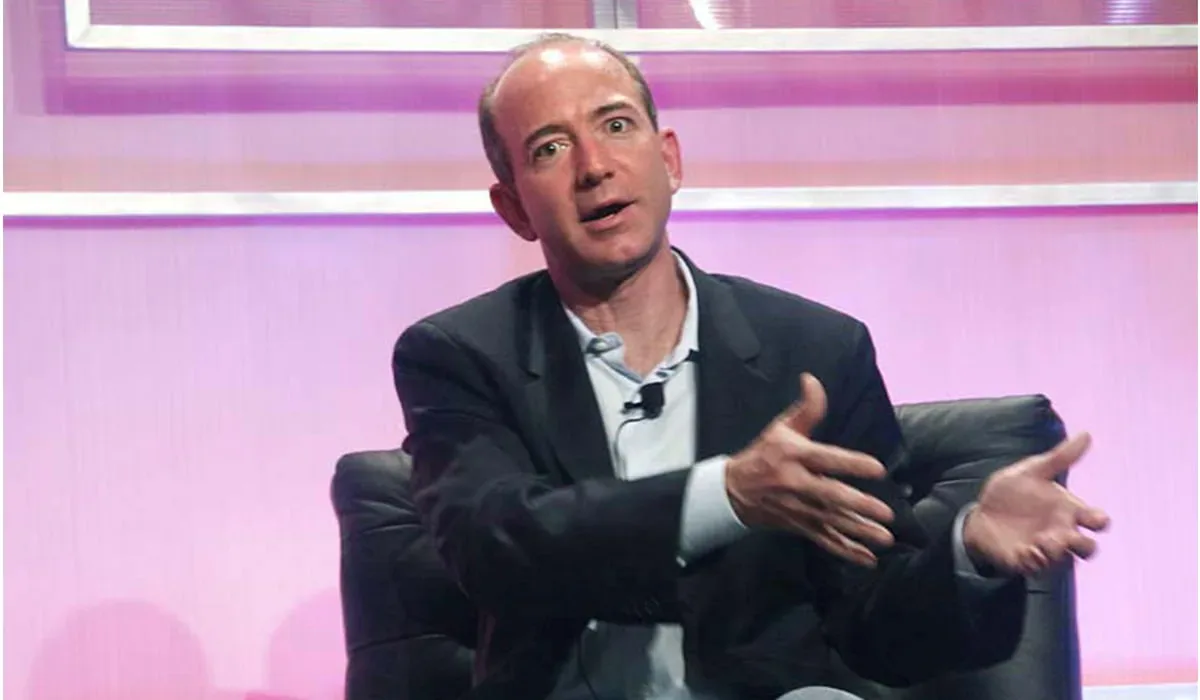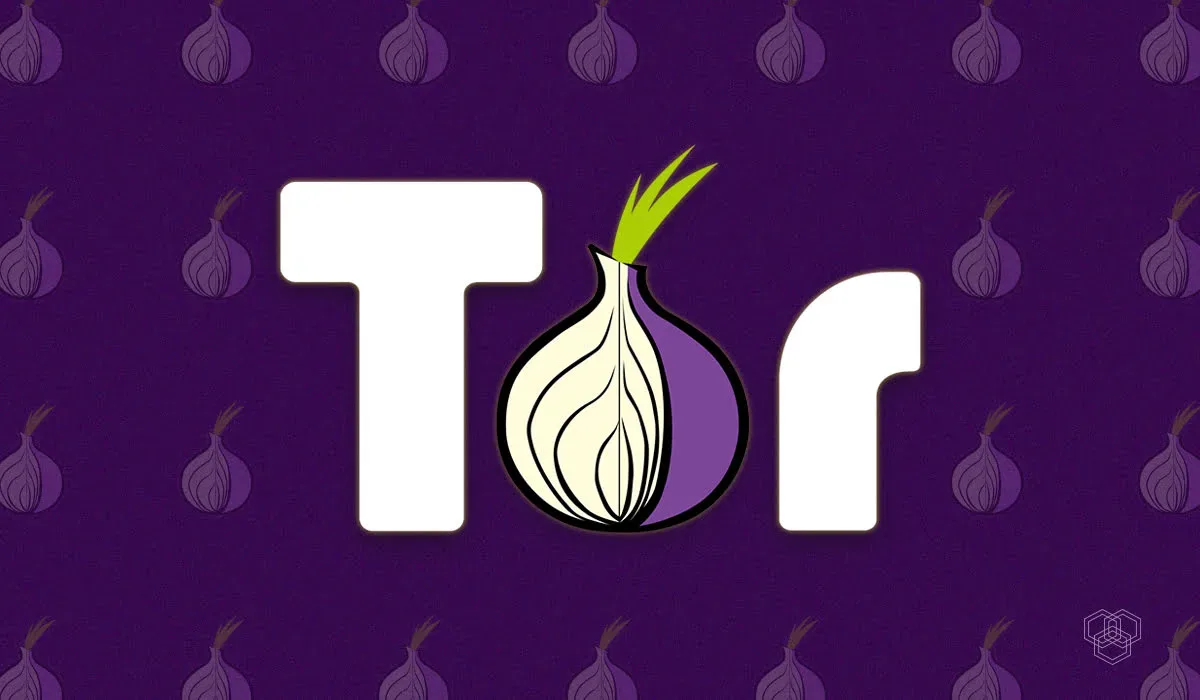Many US citizens were hopeful that net neutrality would be saved once Democrats took back the House in 2019. But their hopes were quashed when Congress failed to turn back net neutrality rules in time. Republicans and FCC Chairman Ajit Pai were ecstatic with the outcome.
Pai said:
“I’m pleased that a strong bipartisan majority of the U.S. House of Representatives declined to reinstate heavy-handed Internet regulation. They did the right thing—especially considering the positive results for American consumers since the adoption of the Restoring Internet Freedom Order.”
Pai’s statement, which he issued on January 2, is a smack in the face of ex-president Barack Obama. It was under Obama’s supervision when net neutrality rules were implemented. These remarks are typical of Republicans in response to net neutrality.
The current FCC refers to net neutrality rules as “depression-era” regulations that put limitations on Internet providers. But FCC’s murder of net neutrality is completely unconstitutional. The 1996 Telecommunications act says the Internet should be unrestricted by state or federal regulation laws.
According to the Telecommunications Act:
“It is the policy of the United States…to preserve the vibrant and competitive free market that presently exists for the Internet and other interactive computer services, unfettered by Federal or State regulation.”
The excuses given by FCC are baseless accusations meant to throw dirt in the eyes of consumers. Free and open Internet should be considered a human right.
The “strong bipartisan majority” statement is another lie. Democrats needed just 30 more votes to undo Pai’s net neutrality laws. Pai’s orders could have been overruled under the Congressional Review Act of 1996. This law would have enabled Congress to undo regulations issued in the last 60 legislative days.
But the effort was weak. It would have been made possible if Democrats had won enough votes in the House before the end latest legislative session. But they couldn’t get the numbers, even though they won a vote to reverse the repeal in the Senate.
The Congressional Review Act helped roll-back FCC’s disturbing broadband privacy rules allowing Internet service providers to collect users’ data and sell it to corporations. Both the House and Senate passed a joint resolution to overturn this barbaric FCC policy.
But the CRA could not be used to repeal net neutrality to its glory days of 2015. The act failed to dismiss Pai’s Restoring Internet Freedom Act, which eliminated net neutrality.
Even though trying to save net neutrality turned out to be a lost cause, it showed Americans which politicians are willing to fight for the cause.
Pai continues to insist the RIF policy is in the best interests of the people and that that the Internet “has remained free and open. Broadband speeds are up with download speeds in the United States increasing more than 35% in 2018, according to a recent report from Ookla. Internet access is also expanding, and the digital divide is closing.”
The first statement about the Internet being free and open has been proven to be a lie. US telecom companies were found guilty of throttling speeds for Youtube and Netflix users. This is just one example of countless unscrupulous acts.
Internet providers continue to batter users with unwanted ads, throttle services, and transform the Internet experience into a nightmare. The FCC itself investigated network providers for giving false reports about broadband expansion in the US. So how can one trust Ajit Pai’s statements?
The RIF Act hasn’t made any positive impact on the Internet experience. The only winners in this whole mess are the Internet providers who received a lucrative $2 billion tax break. But there is still hope as the FCC could face legal repercussions if the policies get implemented ruthlessly.
Perhaps the ISPs won’t be as brutal as the FCC has been in implementing these policies. It is still possible that these policies could get overruled in a year or two. But it will take a strong legislative effort in order to make this happen.





Share Your Thoughts